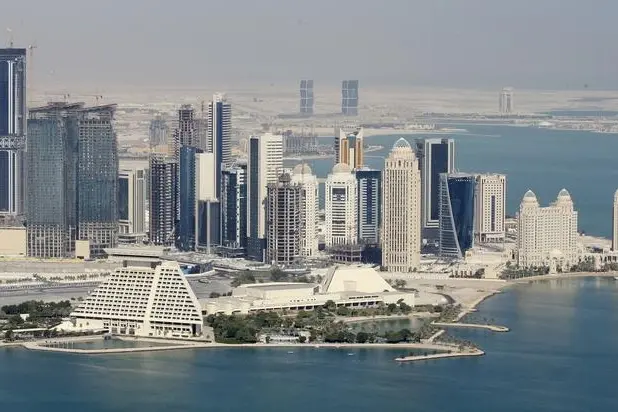PHOTO
State-run special economic zone developer and operator, Manateq, is offering 100% ownership in one of its SEZs to attract more foreign direct investments even as the company is expecting to receive applications for investors at Ras Bufontas by the end of 2016, chief executive officer Fahad Rashid al-Kaabi has said.
"We also recognise the difficulties faced by foreign direct investors when setting up here, but by locating in one of our SEZs they will benefit from 100% ownership and will be assigned a personal point of contact from our client relationship team to facilitate all registration and licenses," al-Kaabi told the Oxford Business Group in an interview. "By the end of 2016, we expect to receive applications for investors interested in acquiring land at the Ras Bufontas SEZ, under phase one of the development," he noted.
Established in 2011, Manateq was mandated to provide the necessary infrastructure, services, and policies required to support the growth of small and medium-sized enterprises (SMEs), as well as to develop the following SEZs: Ras Bufontas, Um Alhoul, and Al Karaana.
Citing its proximity to the Hamad International Airport, al-Kaabi said the "champion" of the 4.1sq km Ras Bufontas will be Qatar Airways, which will cater to a variety of economic clusters, including air cargo, logistics for air freight, fashion, advanced technology, automotive, aerospace, healthcare, and medical devices.
"It is projected to open in the fourth quarter of 2017," al-Kaabi told OBG, adding that Ras Bufontas will include service hubs, public spaces, land for worker accommodation, utilities access, versatile office and retail space, and its own headquarters.
In July 2015, al-Kaabi said, a joint venture between Qatar's UrbaCon Trading and Contracting and Spain's Sacyr was awarded a QR1.69bn ($463.7mn) contract to develop the zone.
Um Alhoul, the second SEZ spanning 33.52sq km, is scheduled to open in various phases, the first of which will be open in the first quarter of 2018, al-Kaabi said.
"(It) will be located next to the new Hamad Port...The main anchor of this zone will be the new port, and it will cater to economic clusters involved in sea freight, marine logistics services, shipbuilding and refurbishment, petrochemicals and manufacturing machinery, with a dedicated canal for marine works," he said.
Construction of the first phase of the 38.43sq km Al Karaana, which is still in the planning stages, is expected to be completed by November 2019, al-Kaabi said. It will target building materials, machinery and fabrication, and warehousing.
"Situated half-way between Doha and Abu Samra, Al Karaana is on the border of Saudi Arabia, and will therefore be the overland gateway to those markets in the GCC. It will predominantly feature pre-built factories and showrooms for small and medium-sized enterprises that are able to move in right away, with little red tape involved."
© Gulf Times 2016





















